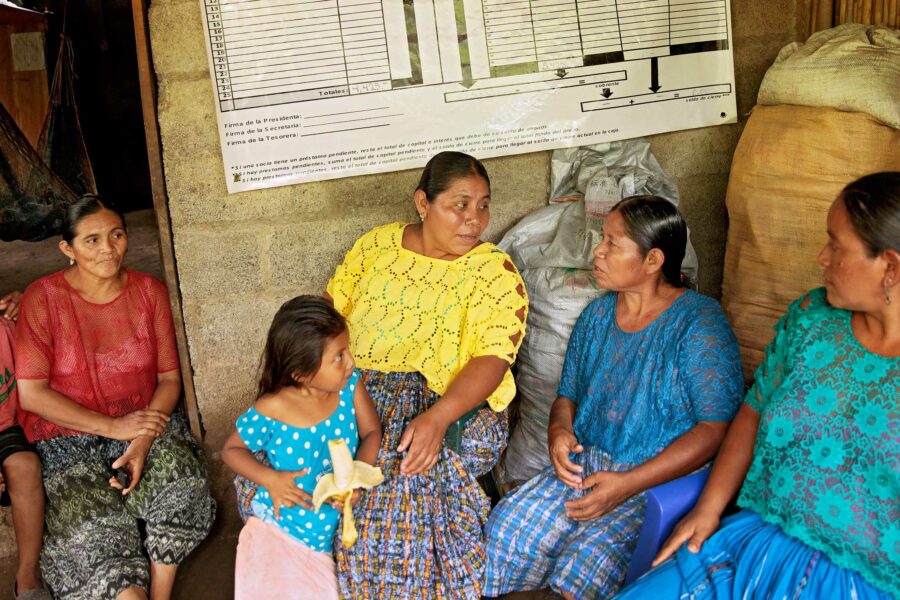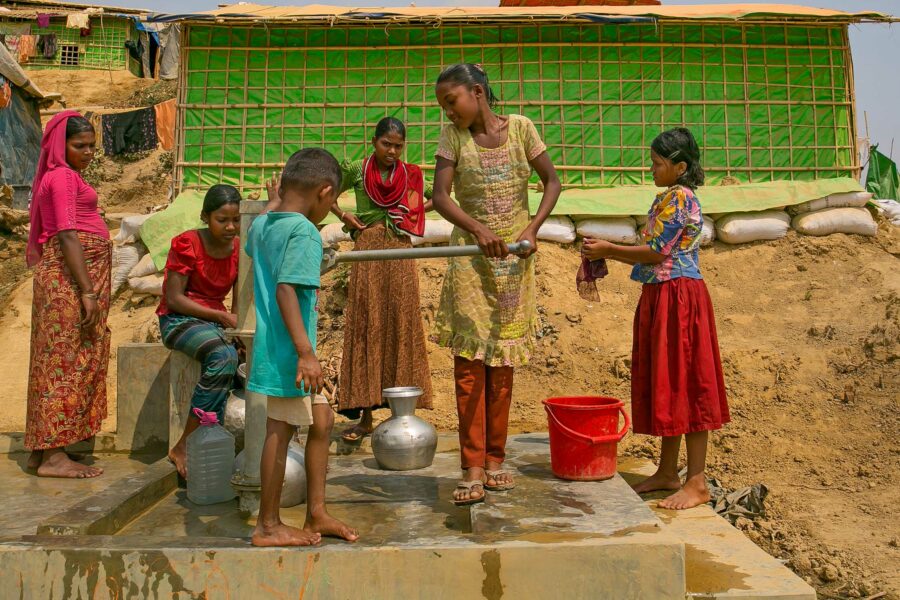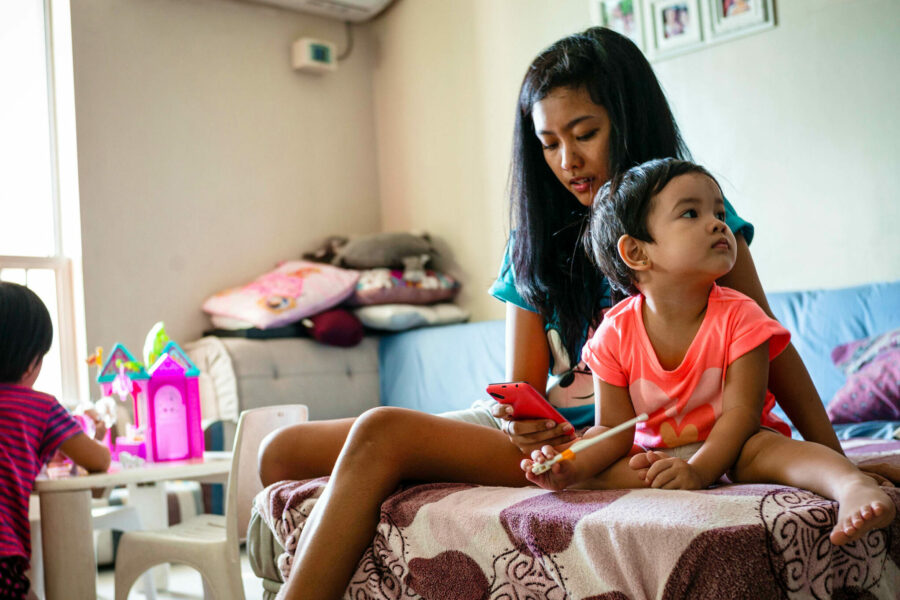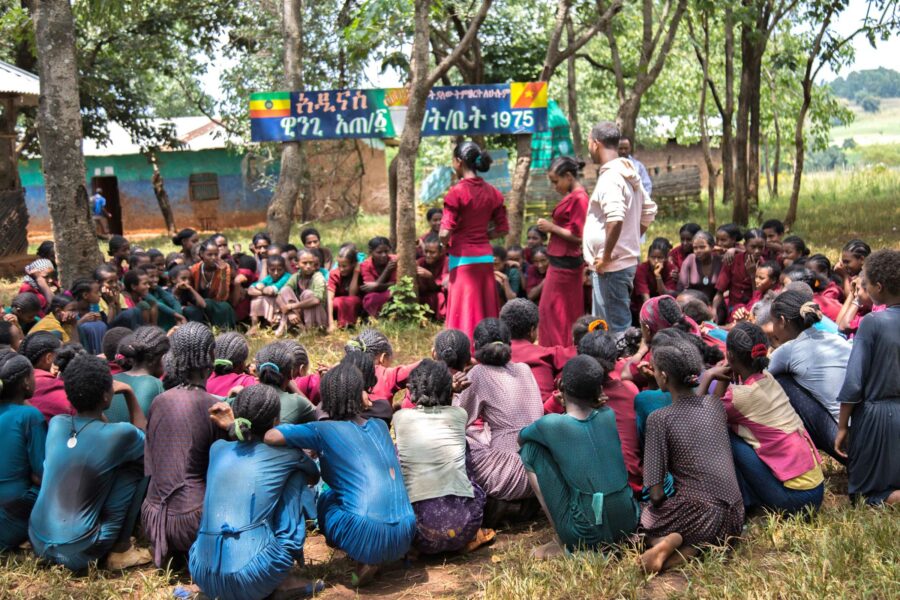Accelerating action on gender equality
Gender — Global
Gender equality is critical to realizing all the SDGs, yet progress remains unacceptably slow. Humanity’s future demands that we urgently fix the multitudinous factors blocking women and girls from achieving their potential













